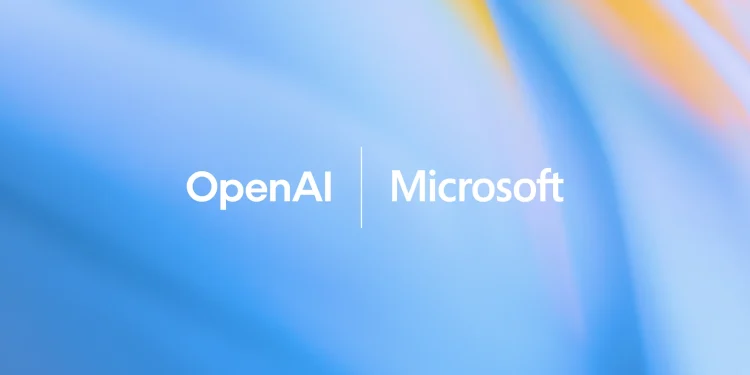Microsoft and OpenAI said Thursday they signed a non-binding deal to reset their partnership. This new deal would allow OpenAI to restructure into a for-profit company. The agreement signifies a new phase in one of the most closely watched collaborations in artificial intelligence.
The companies did not share details of the new commercial terms but confirmed they are working toward a definitive agreement. For OpenAI, the talks represent progress in its push to raise capital under a traditional governance model and prepare for a possible public offering to fund AI development.
Microsoft first invested $1 billion in OpenAI in 2019, followed by another $10 billion in early 2023. Under prior terms, Microsoft gained exclusive rights to sell OpenAI’s software tools through Azure and held preferred access to its models. Those restrictions have eased. OpenAI now runs its own data center initiative, called Stargate, and has signed cloud deals with Oracle and Google worth hundreds of billions of dollars.
As OpenAI’s revenue climbs into the billions, it is seeking flexibility to expand sales and secure computing power from multiple providers. Microsoft, meanwhile, aims to maintain access to OpenAI’s technology even if the company declares its models have reached human-level intelligence. This is a milestone that could otherwise trigger the end of their partnership.
A memo from OpenAI chairman Bret Taylor said the nonprofit arm stands to receive more than $100 billion under current terms, about 20% of the $500 billion valuation the company is pursuing in private markets.
Regulatory approval remains a hurdle. Attorneys general in California and Delaware must sign off on OpenAI’s new structure, which it hopes to finalize by year-end to preserve billions in tied funding.
Both companies continue to compete directly, developing AI tools for consumers and businesses while building rival models.
























































